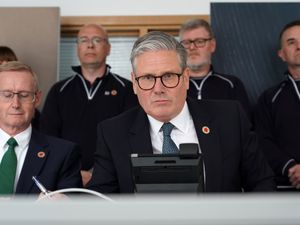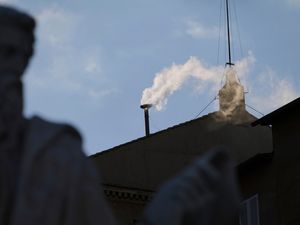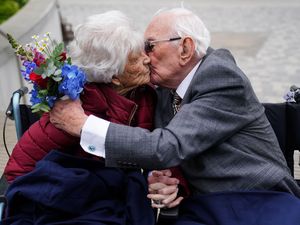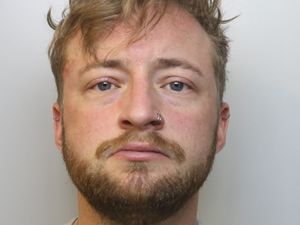Voter registrations rise as deadline arrives for local elections
Some 26,567 applications were made on April 14, the highest for a single day so far this year.
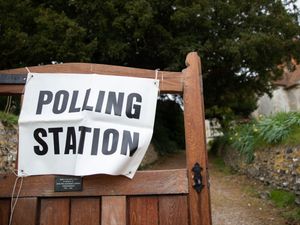
Anyone not registered to vote in next month’s local elections in England has only a few hours left to apply, with signs of a late flurry of interest.
More than 8,000 council seats in England are up for grabs on May 4 across 230 local authorities, ranging from small rural areas to some of the largest towns and cities.
Polls are also taking place to choose mayors in Bedford, Leicester, Mansfield and Middlesbrough.
People who have not yet registered to vote, or are not sure if they are eligible, have until 11.59pm on Monday April 17 to submit an application.
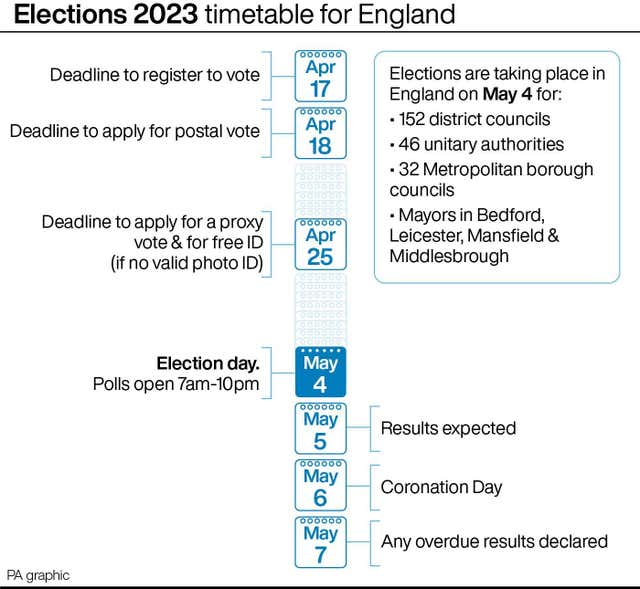
This can be done online at gov.uk/registertovote.
Voters will also need to make sure they have a form of photo identification to cast a ballot, which is compulsory in England for the first time.
An average of 20,977 applications register to vote were made per day in the week to April 16, up from 16,194 the previous week, Government figures show.
There were 20,656 applications on Sunday, although numbers are typically lower on a weekend.
Some 26,567 applications were made on Friday, the highest for a single day so far this year.
Ailsa Irvine, director of administration at the Electoral Commission, told the PA news agency: “Anyone that wants to take part in the May elections needs to be registered to vote by midnight tonight.
“If you haven’t registered before or have recently moved home or changed your details, you will need to apply to register today. It only takes five minutes and can be done online.
“If you want to make sure your voice is heard and you’re not already registered, go to www.gov.uk/registertovote and register now.
“Anyone that wants to apply for a postal vote must have their application in to their local council by 5pm tomorrow.”
Voters intending to cast a ballot in May’s elections will not only need to be registered but also show a form of photo identification at the polling station.
Not all types of photo ID will be accepted, but a passport, driving licence or blue badge are valid.
Anyone without the correct identification will need to apply for a voter authority certificate by April 25, which can be done online at gov.uk/apply-for-photo-id-voter-authority-certificate.
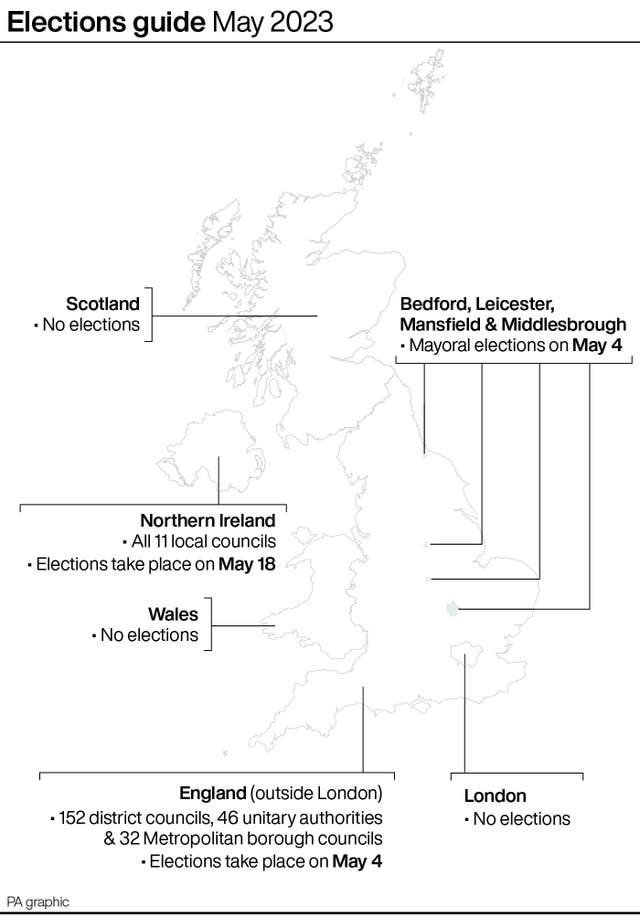
The Government’s introduction of compulsory photo ID has been branded “expensive” and “unnecessary” by Labour and sparked concern among electoral reform campaigners, who say it could make it harder for some voters to cast their ballot.
The Local Government Association has voiced fears that electoral officers will be “overwhelmed” on polling day as they grapple with “the biggest change to in-person voting in 150 years”.
The Electoral Commission said extra staff will be deployed at some polling stations to make sure voters are aware of the new rules and to help manage any long queues.
There have been 65,293 online applications for a voter authority certificate (VAC) since the scheme opened on January 16 this year.
The average number of VAC applications per day stood at 1,595 in the week to April 16, up from 922 the previous week.
Some 2,627 applications were submitted on April 14, the highest number on a single day so far.
Just 6% of VAC applications have come from people under 25, while 3% came from those aged 75 and over, according to analysis of Government data by the PA news agency.
Applications from 55 to 64-year-olds account for nearly a third (32%) of the total, followed by 45 to 54-year-olds (23%), 35 to 44-year-olds (16%), 65 to 74-year-olds (10%) and 25 to 34-year-olds (10%).
Not all parts of England are holding local elections this year.
There are no contests in London and Birmingham, along with other areas including Cornwall, North Yorkshire and Cumbria.
Local elections in Northern Ireland have been put back two weeks to May 18, to avoid a clash with the King’s coronation on May 6.
Counting in Northern Ireland usually takes a couple of days to complete, due to the system of voting used for council elections, which sees voters rank candidates in order of preference.
No elections are taking place in Scotland and Wales this year.

